In the book of Exodus, we read the story of the enslaved Israelites who are ordered to make bricks without being given a crucial raw material—the straw needed to make them strong. When they complained, Pharaoh’s overseers told them to find their own straw.
As I reviewed the infrastructure plan the Trump administration released this morning, this story sprang to mind. The plan itself runs to 53 single-spaced pages. Some of the ideas—for example, expanding existing subsidy programs that have proved effective in expanding transportation and water infrastructure investments—are good ideas. Though not devoid of political calculation, the proposed rural infrastructure initiative addresses real unmet needs. The boldest proposal—dramatically streamlining the review process for major projects—is worth considering, despite the howls of protest it is evoking from the environmental community.
But there is a void at the core of the administration’s plan: funding. Not only does the administration not specify where it will find the additional $200 billion of direct spending it calls for over the next decade, but also it makes what most experts regard as wildly unrealistic assumptions about the amount of state, local, and private funding this modest increment will spark. Although the word “leverage” is sprinkled liberally throughout the plan, hardly anyone believes that $200 billion federal dollars will produce an additional $1.3 trillion investment from non-federal sources, especially when state and local budgets are being squeezed by rising costs for education and health care.
In recent years, both Republicans and Democrats called for dedicating to infrastructure some of the proceeds from repatriating corporate profits held overseas—an idea that Republicans rejected in their recent tax bill.
There are other options. Rep. Bill Shuster (R-PA), the chair of the powerful House Committee on Transportation and Infrastructure, has floated the idea of raising the gas tax within the House Republican caucus. The U.S. Chamber of Commerce, a longtime advocate of increased infrastructure investment, has called for a 25-cent-per-gallon increase, which would raise $375 billion over the next decade. Some Republicans are calling for a carbon tax, which they regard as a better way of attacking climate change than detailed regulation with large compliance costs. Considering that a more efficient transportation system would also help reduce CO2 emissions, using some of the carbon tax proceeds for roads and highways would make sense.
Everyone knows that congressional Republicans will not support any tax increase unless the Trump administration provides political cover. But the administration’s plan doesn’t do this. Although senior White House officials have said that that the president is “open” to new sources of funding, they have made it clear that Congress will have to make the first move. The most likely result will be little or no new federal funding.
If so, like the Israelites, beleaguered states and localities will be left wondering how they are supposed to increase their brick output without any of Pharaoh’s straw.
The Brookings Institution is committed to quality, independence, and impact.
We are supported by a diverse array of funders. In line with our values and policies, each Brookings publication represents the sole views of its author(s).

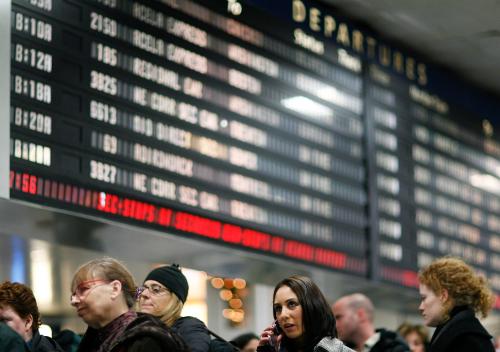
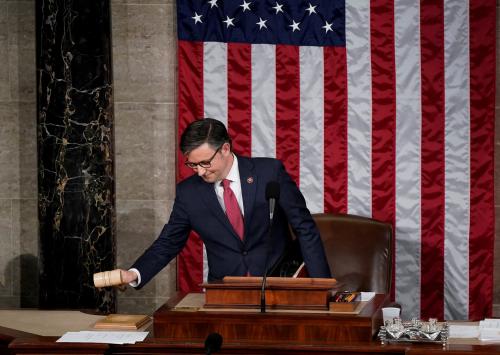
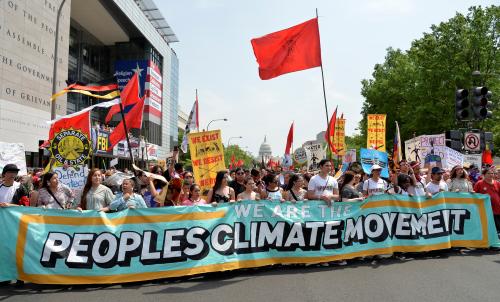
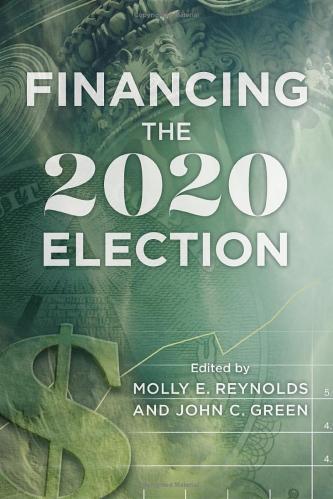
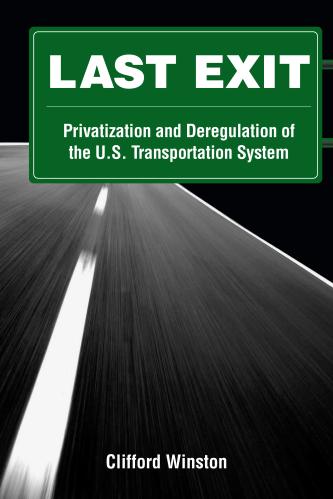


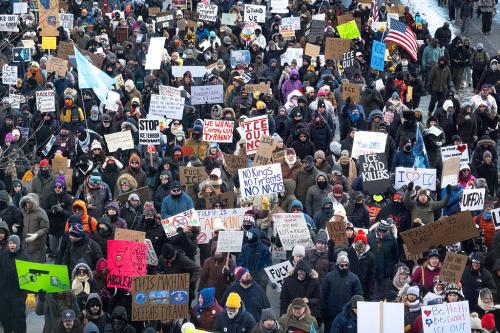
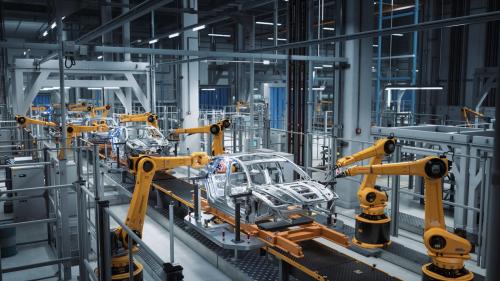

Commentary
Trump’s infrastructure plan: The good, the bad, and the biblical
February 12, 2018